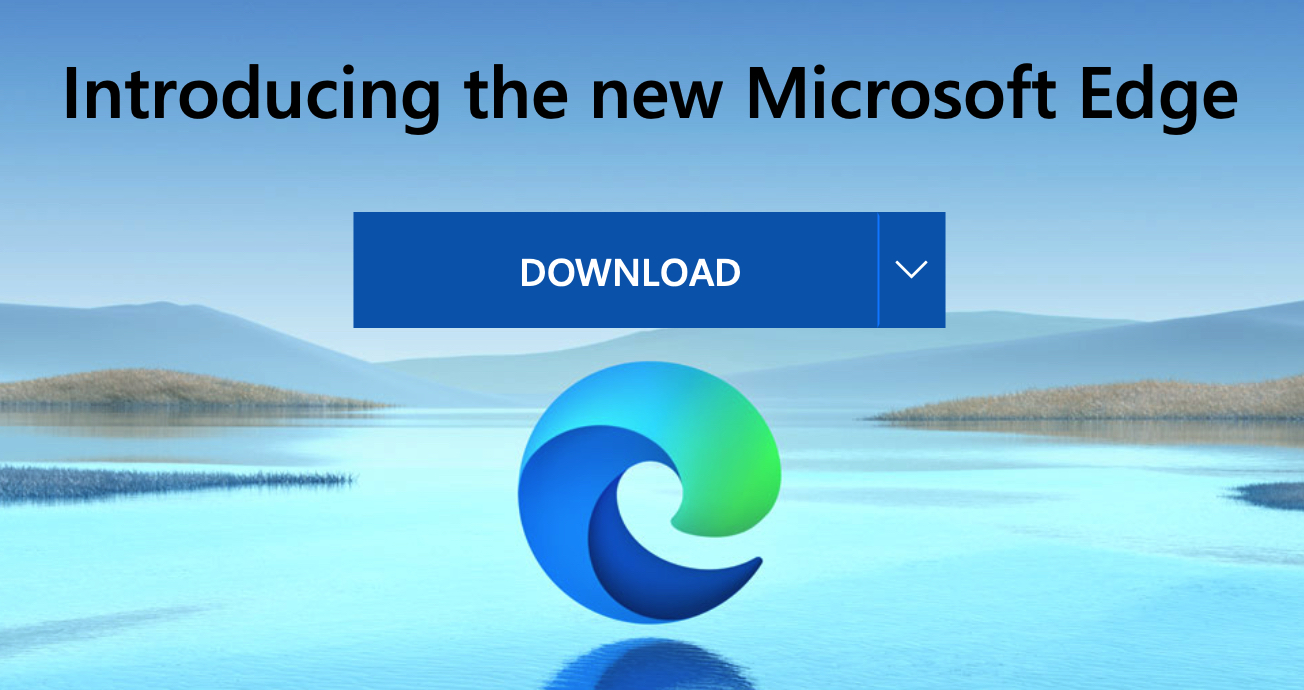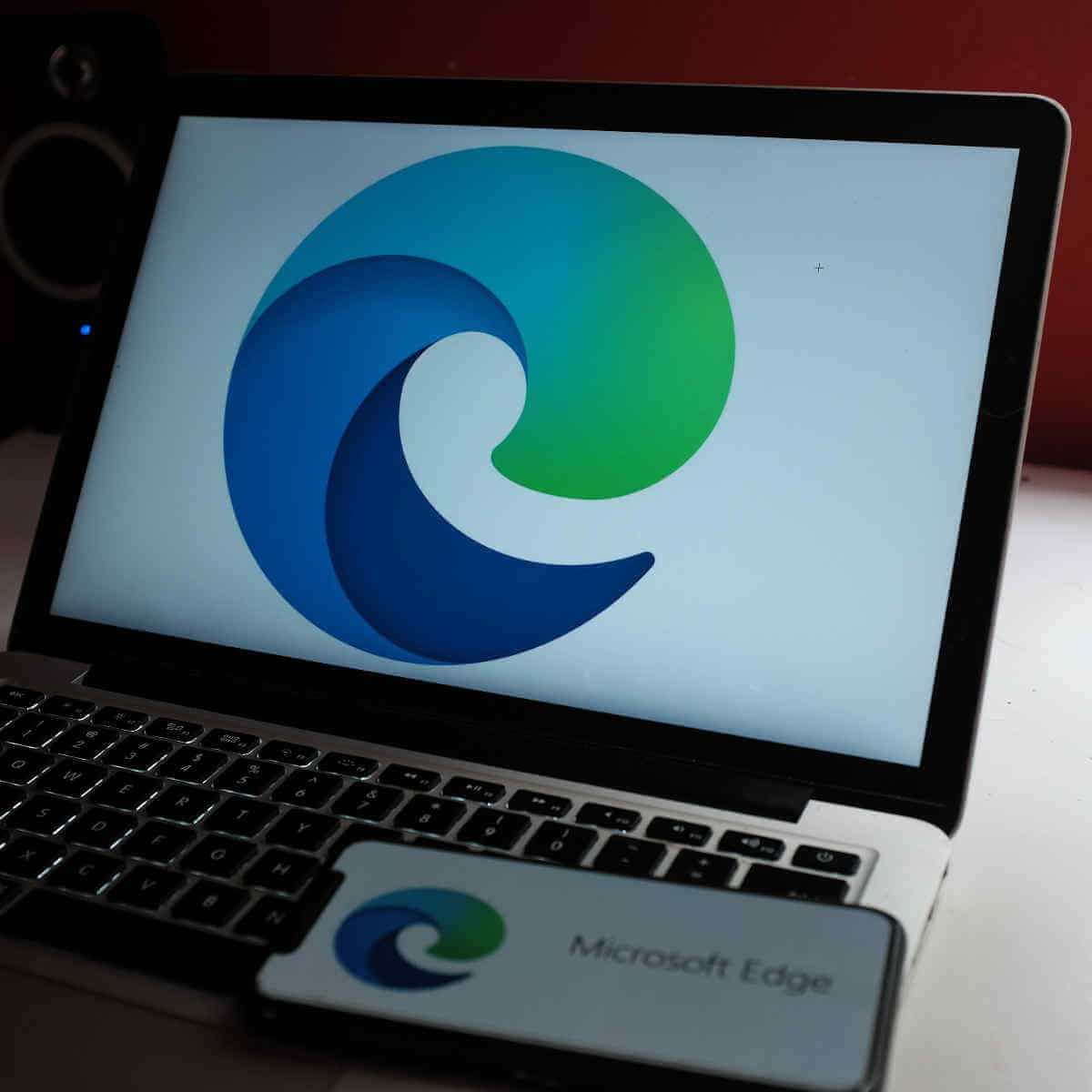
"It's about providing a better experience using Office tools - like being able to see OneDrive files as you use Edge." "I also think this is a doubling-down on their Microsoft 365 strategy," he said.

Hewitt said Microsoft had an interest in refining the experience of using its tools, making its services available across its product portfolio. Microsoft has made it easier for developers to port such software to Edge, making the browser friendlier to web-based applications, according to Klein. How will Microsoft convert Chrome users?Īnalysts said the company's focus appears to be on the enterprise, providing interoperability with enterprise-centric software. Through Chrome, said Enterprise Strategy Group senior analyst Mark Bowker, organizations could accomplish several things: They could hedge their bets on Microsoft, provide an improved user experience for web applications and offer a secure browser experience. "We do see some differences like, in Germany, there's more Firefox use." "In the consumer market, Chrome is very much the dominant browser," he said.

"Previous versions of Internet Explorer were inferior, in terms of speed and ease of use, compared to browsers like Chrome," he said.įorrester Research analyst Andrew Hewitt said Chrome looked to be the staunchest competition for the new Edge browser. In today's market, he said, Google Chrome and Firefox have a greater mindshare than Microsoft's offering. Klein noted that, despite its OS supremacy, Microsoft's success with its browsers has been mixed.

"It's interesting to me that what's old is new again," he said. Eric Klein, an analyst at VDC Research Group Inc., said it was strange, decades after the Netscape-Internet Explorer or Internet Explorer-Firefox clashes, to once again have a relevant browser war.


 0 kommentar(er)
0 kommentar(er)
